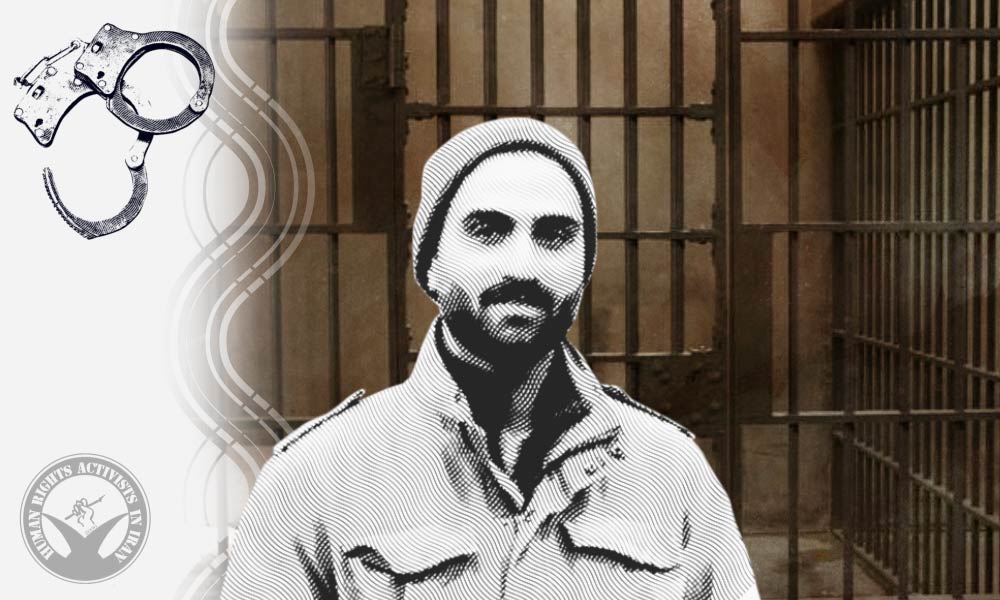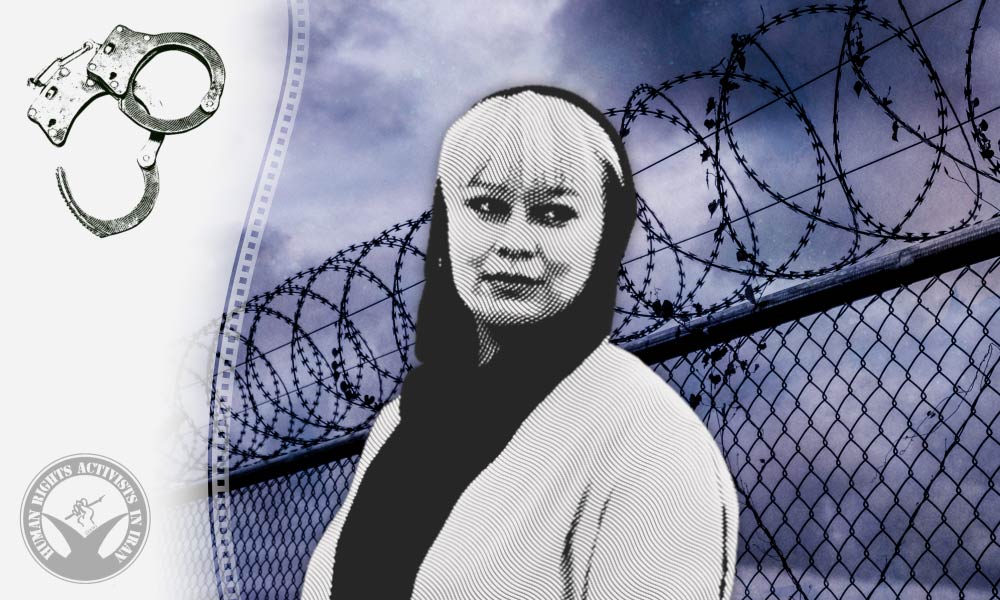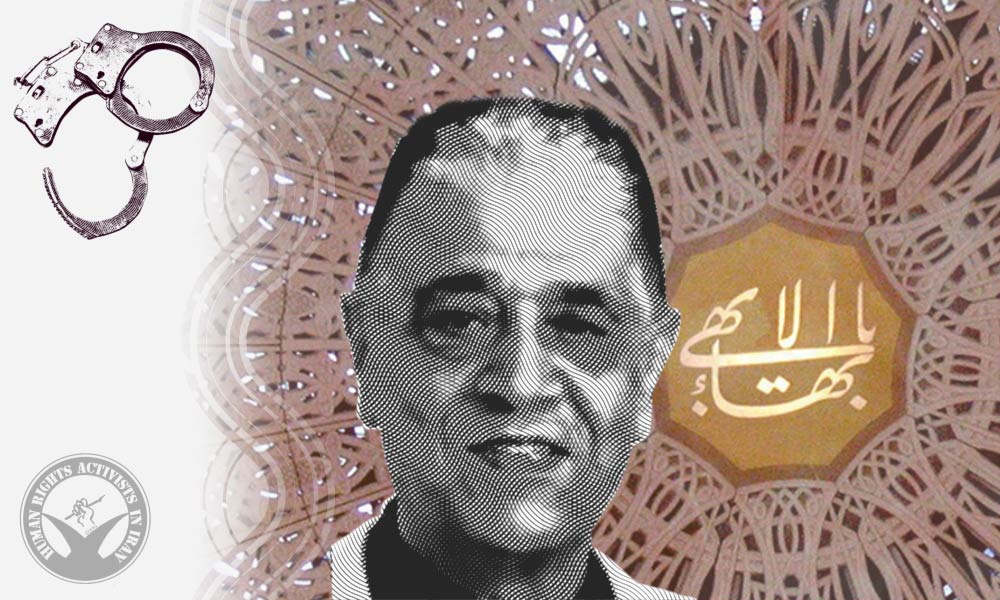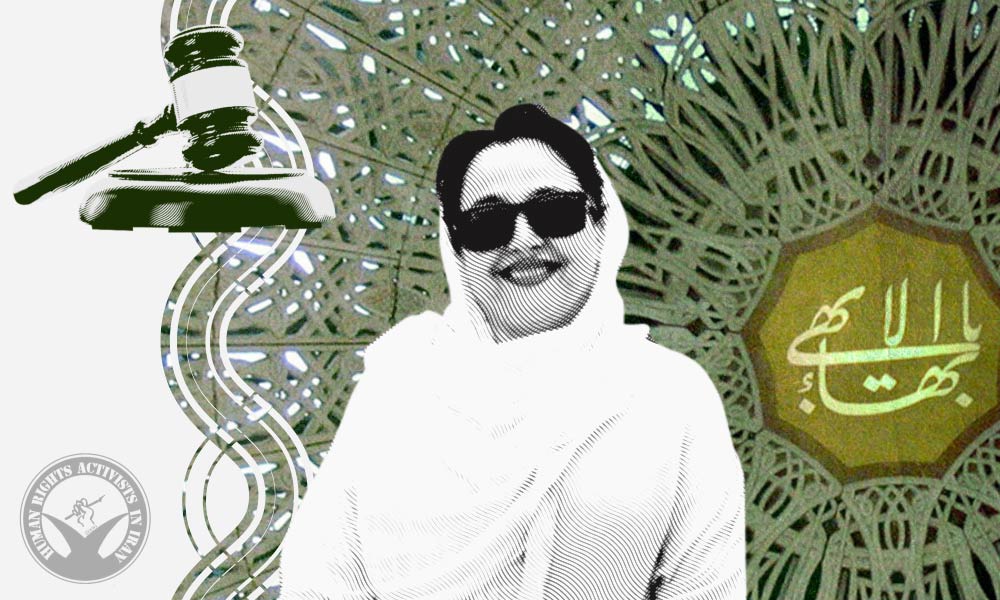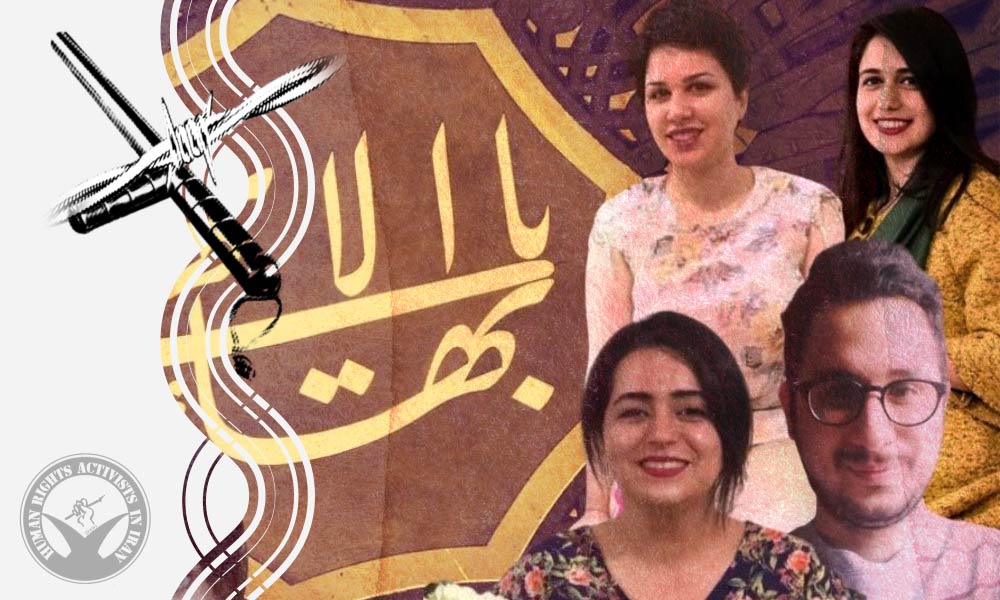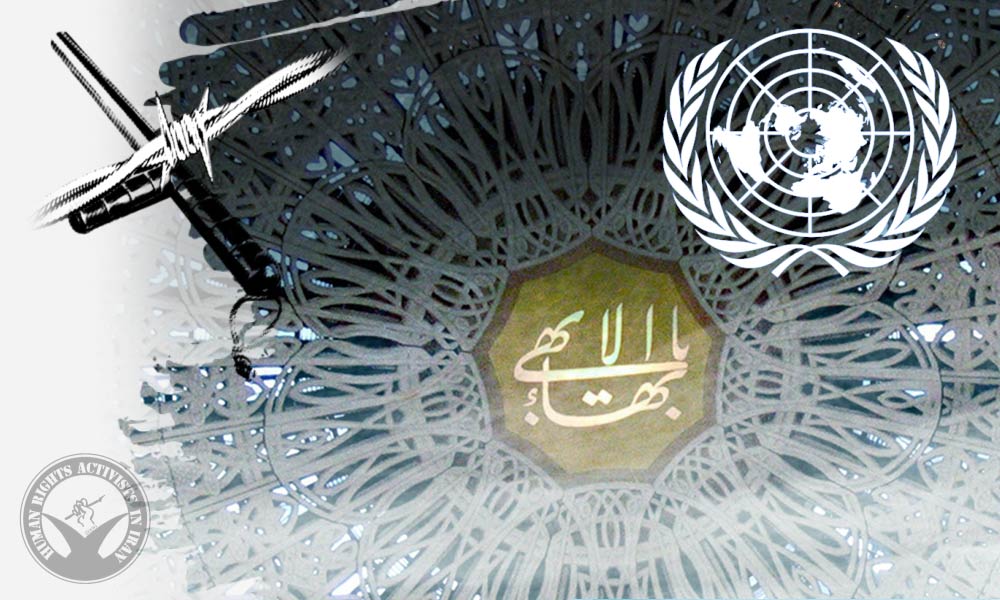The Court of Appeals in Isfahan Province has handed down a verdict, sentencing Baha’i citizen Sara Sabet Rasekh to eight years in prison. Since February 7, 2023, Sabet has been serving her previous one-year sentence outside of prison with curfew tags.
The recent ruling states that Sabet will serve five years for charges of “blasphemy,” two years for “insulting the former and current Supreme Leader of Iran,” and one year for “propaganda against the regime.” Pursuant to Article 134 of the Islamic Penal Code, she will serve five years in prison for the first charge.
Sabet was arrested in November-December 2021 by security forces at his residence and released on bail after about one month.
Sabet was originally arrested in November-December 2021 at her residence by security forces. She was later released on bail after approximately one month.
In March-April 2022, the Isfahan Revolutionary Court initially sentenced Sabet to two years for “insulting the former and current Supreme Leader of Iran” and one year for “propaganda against the regime on the internet.” Subsequently, she received an additional one-year sentence for “insulting regime authorities and officials.” Currently, she is serving the latter sentence outside of prison under curfew, monitored by an electronic tag.
According to HRANA annual report, from the total human rights reports regarding the violation of religious minorities’ rights, 64.63% belonged to the violation of the rights of Baha’is.
According to unofficial sources, it is estimated that more than 300,000 Baha’is live in Iran, but the Iranian Constitution recognizes only Islam as the official religion, in addition to Christianity, Judaism, and Zoroastrianism. Bahai faith is not considered legitimate by the authorities, and the rights of Baha’is in Iran have been systematically violated for years.
The deprivation of the freedom to practice their religion is a breach of Article 18 of the Universal Declaration of Human Rights and Article 18 of the International Covenant on Civil and Political Rights. The United Nations covenant holds that every person has the right to freedom of religion, freedom of converting religion, as well as freedom of expression, individually or collectively; openly or secretly.







